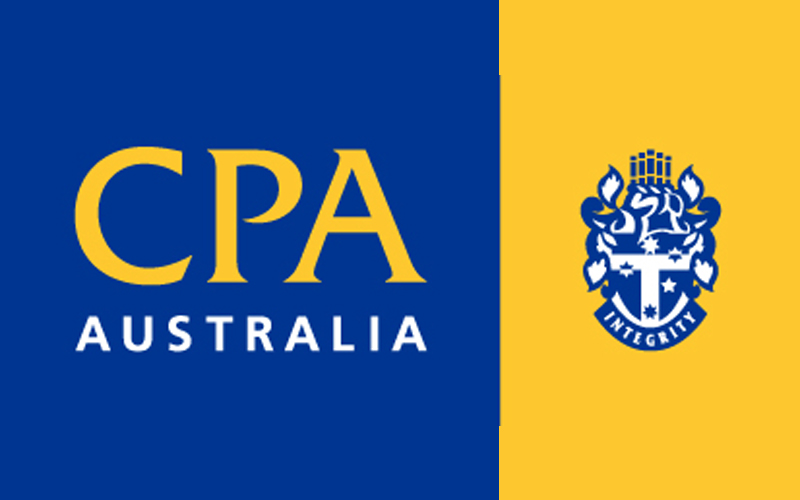MALAYSIA – Media OutReach – 9 November 2020 – For 2021 Malaysia has earmarked its largest ever budget spending allocation of RM322.5 billion with RM17bn committed to combating the health consequences of COVID-19.
The budget, running on the theme ‘Resilient as One, Together we Triumph’, accounts for 22 per cent of the country’s gross domestic product and was seen as necessary to support and stimulate an economy heavily impacted by the pandemic.
Tax stimulus measures
Jagdev Singh FCPA, Chairman of the Tax Committee at CPA Australia Malaysia Division who is also Tax Leader, PwC Malaysia, says the budget has been crafted to alleviate the economic burden of the people and promote investments in targeted sectors in order to stimulate economic recovery.
“Measures such as the one percentage point reduction in the personal tax rate chargeable on income between RM50,000 and RM70,000, the expansion of personal reliefs focusing on health and wellness matters and the extension of tax relief for contribution to the Private Retirement Scheme would greatly benefit the M40 (middle income) bracket by reducing their tax burden. [These measures] will all assist.”
“Cash handouts remain the most relevant way of putting money into the pockets of the B40 (lower income) group and it is good to see that the government has further enhanced the Bantuan Prihatin Nasional.”
Jagdev also adds that the government has announced a number of measures to support economic recovery in the form of new and extended tax incentives to promote investment, job retention and job creation.
Although businesses have urged further relief including the reduction in the corporate tax rate, and a review of the seven-year time limit for tax losses and loss carry back provisions, the government has resisted the urge to tweak the tax legislation.
A budget for all
Meanwhile, CPA Australia Malaysia Divisional Councillor Surin Segar FCPA, who is also Maybank Group’s Head of Tax and CFO of the Maybank Foundation, said the budget was comprehensive, containing a slice for almost everyone in each segment of society, especially those impacted by the pandemic.
“It is also a budget which the man on the street requires, covering medical needs for self and parents, encouraging a healthy living as well as getting government linked corporates to be involved in supporting online schooling and environmental preservation,” says Surin.
Indirect tax changes
Fellow Divisional Councillor Alan Chung FCPA, who is Senior Executive Director Grant Thornton Malaysia, notes there were few takeaways on the indirect tax segment.
“In addition to a new tax imposed on cigarettes on duty free islands, there were several indirect tax proposals in the appendices to the [budget] speech. One is on the extension of an existing stamp duty exemption to revive abandoned housing projects and the other is expanding tourism tax on accommodation booked through online platforms from July 2021.”
EFP withdrawals
Tan Lay Keng FCPA, Partner, Ernst & Young Tax Consultants Sdn Bhd, who is also a Divisional Councillor, says the approval to withdraw RM500 per month from Employees Provident Fund (EPF) Account 1 for 12 months (from January 2021), in addition to approval to withdraw from EPF Account 2 under i-Lestari introduced in March 2020 will be helpful in giving people cash to meet immediate needs.
She notes: “Employees’ EPF contribution rate reduced from 11 per cent to 9 per cent (from January 2021 for 12 months) will also augur well for the people.”
Lay Keng also points out benefits in tax relief announcements for health and education. She says: “Tax relief available for medical expenses for serious diseases pertaining to self, spouse and child to include expenses incurred for specific vaccination (e.g. pneumococcal, influenza and COVID-19, when available) would also broaden the scope of tax relief,” she adds.
“Tax relief for technical education fees to include expenses incurred for up-skilling and self-enhancement courses in fields of skills recognised by the Department of Skills Development, Ministry of Human Resources would be helpful to the nation,” she says.
About CPA Australia
CPA Australia is one of the world’s largest accounting bodies, with more than 166,000 members working in 100 countries and regions and supported by 19 offices globally. Our core services to members include education, training, technical support and advocacy. Employees and members work together with local and international bodies to represent the views and concerns of the profession to governments, regulators, industries, academia and the community.


















